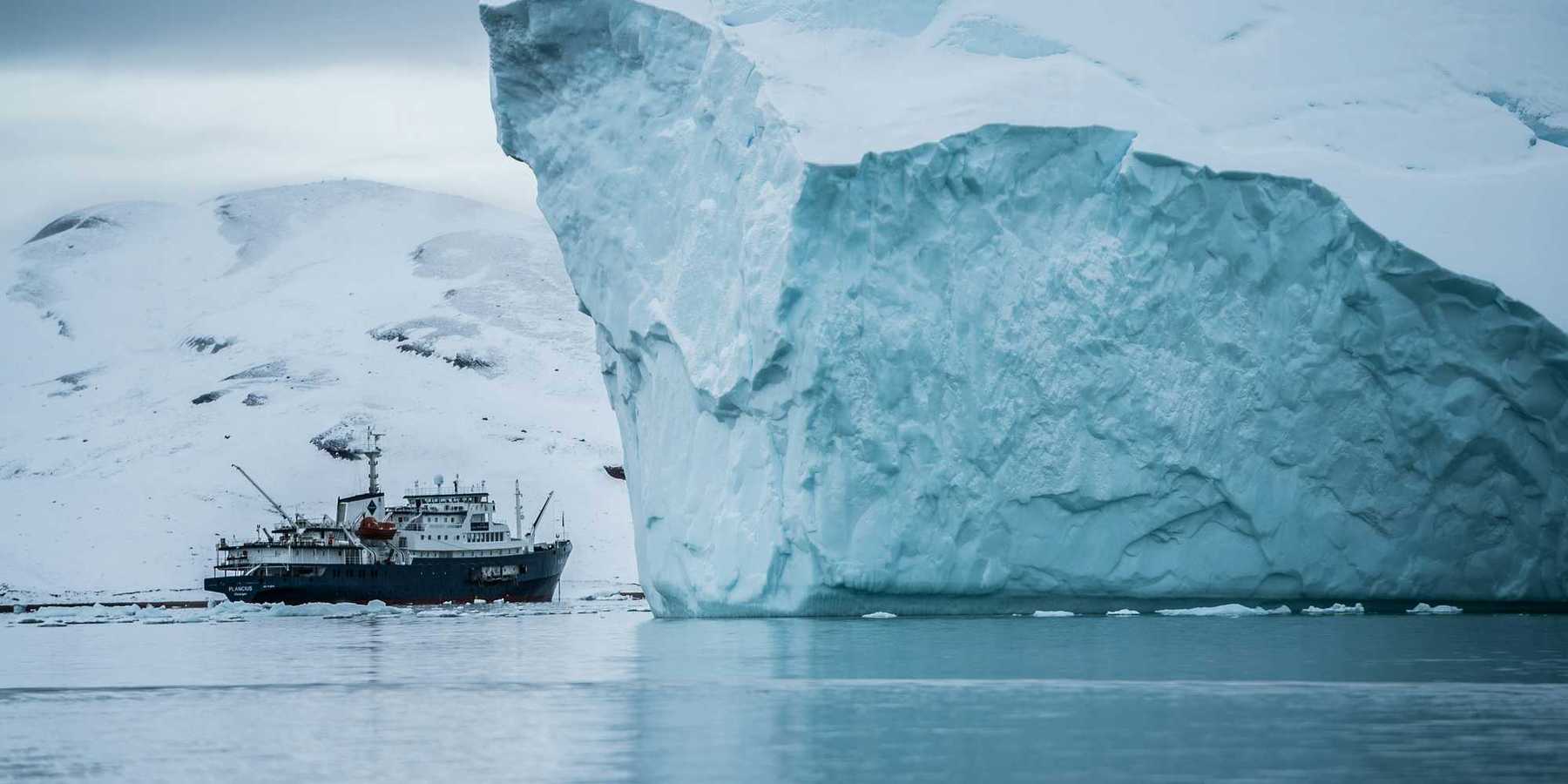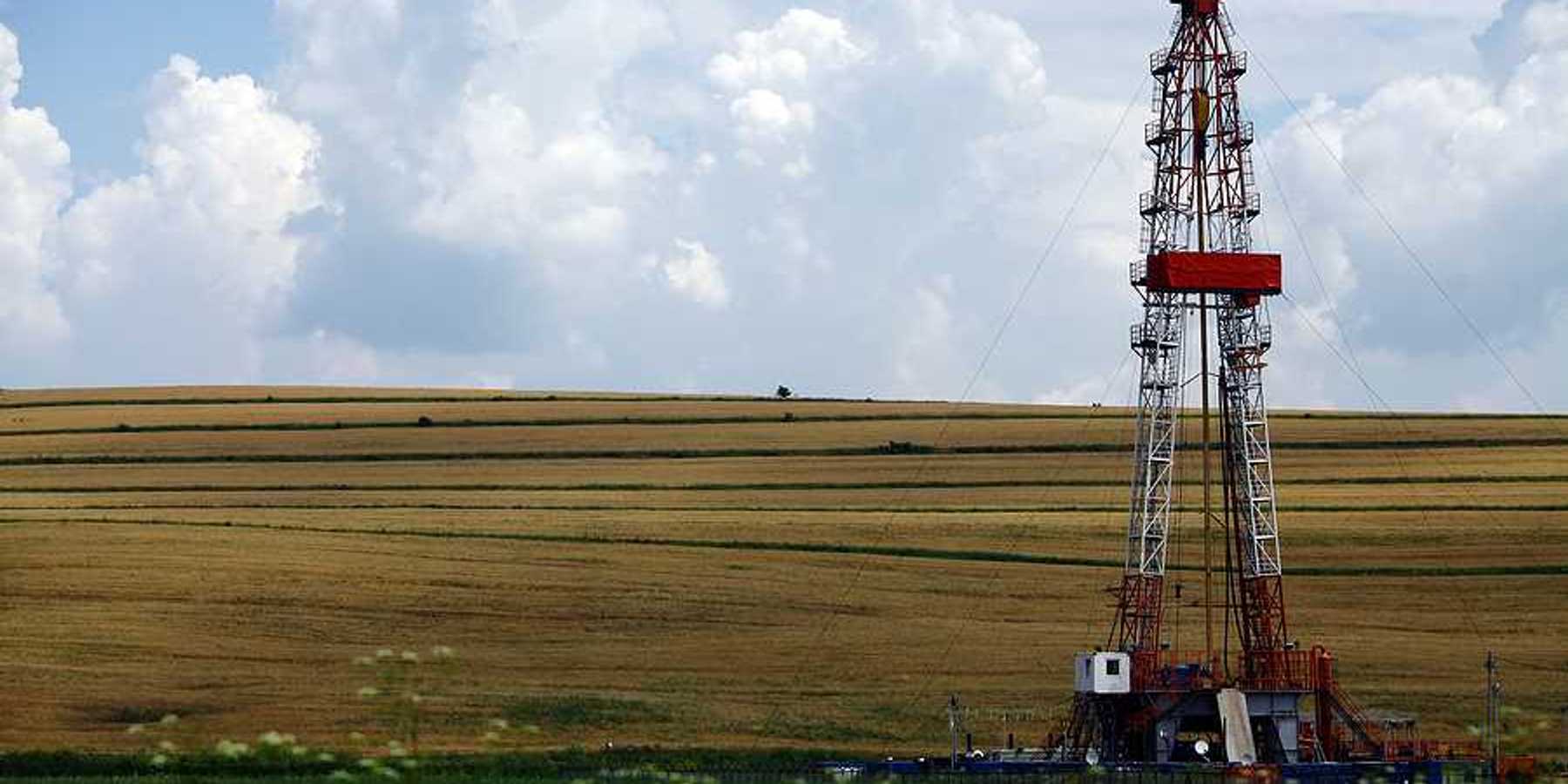
To fly or not to fly? The climate question
Be thoughtful about your travel. But be more thoughtful about your goal.
I am a retired Catholic. The Church hierarchy sometimes trades in the curious institution of special dispensation, the granting of a waiver to allow otherwise frowned-upon conduct. The most famous incident of special dispensation in popular culture took place in The Godfather III.
In the otherwise-unfortunate movie, an aging Michael Corleone is granted special dispensation for his family's three-movie legacy of drugs, prostitution, gambling, and leaving severed horses' heads in peoples' beds. All he had to do is write a seven-figure check to the Archdiocese of New York and the score was evened with a forgiving-but-cash-strapped Almighty.
Lately there's been much angst and breast-beating among climate scientists and activists about the use of air travel to do one's work. "Flight shaming" has become something of a cause in recent years: Imposing guilt on oneself or others for the carbon footprint of flying.
There's nothing wrong with a little introspection on this: Industry estimates credit passenger air travel with between 2 percent and 3 percent of all greenhouse gas impact.
However, I'd like to propose a more honorable form of special dispensation for anyone who wears a hair shirt due to taking a cheap seat on Southwest. Relax and enjoy the flight, along with a record 31.6 million other Americans this weekend. They apparently didn't get the memo. Instead, channel your angst onto the airlines, which have been slow to fit their carbon footprint into the overhead bin.
Climate communicators, the world desperately needs to hear from you, and more often than not, you'll need to go to them. There's no personal shame in using the best-available form of long-haul transit. If it's hypocrisy, it's a trivial one at best – far less insincere than the people who would negate your moral authority because you didn't travel to New York or Madrid by stagecoach or Roman trireme.
Greta Thunberg, the Swedish teenager who became an instant climate celebrity this year, famously traveled to the U.N.'s Climate Week by crossing the Atlantic by sailboat. The two-week trip garnered some headlines. She's currently on the return trip, which has predictably generated less press, as she sails toward Lisbon and an appearance at climate talks in Madrid in early December.
Her media lightning having already been captured in a bottle, Greta's next long stretch at sea will have little symbolic or media value. The four weeks she spent at sea crossing the Atlantic twice would next be best spent rallying the troops or otherwise raising her quiet, dignified brand of hell.
Some climate scientists have found their happy medium. A website called NoFlyClimateSci is a gathering spot for scientists and their fellow non-travelers to contemplate their flying habits. A scientist like Georgia Tech's Kim Cobb, who has become something of a rockstar climate communicator, now schedules academic presentations remotely, but doesn't invoke an ascetic self-ban on air travel. It would make it pretty hard to make connections between Atlanta and the South Pacific corals she studies.
The scientists' partial no-fly zone may strike the right chord: Fly less, but only if it doesn't compromise your vital work. Should a Nobel Prize or Presidential Medal of Freedom await you (not likely for now), don't phone it in. If a potential million-person rally take place on the National Mall, don't make it a million person conference call.
Be thoughtful about your travel. But be more thoughtful about your goal.













